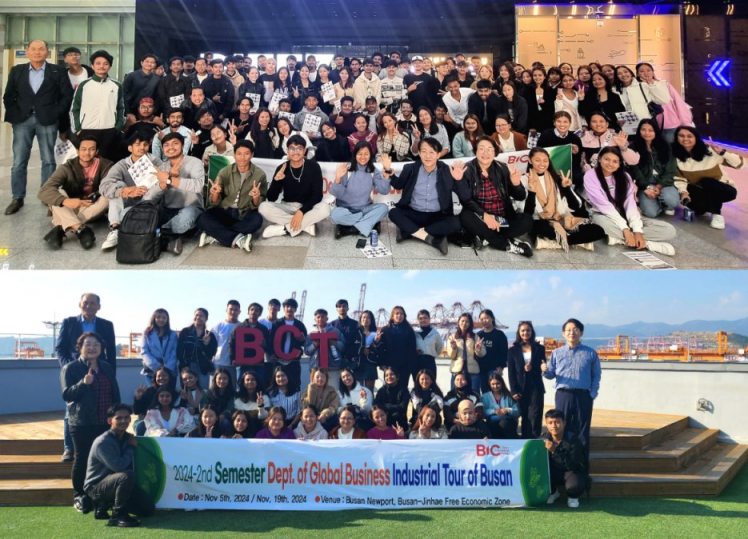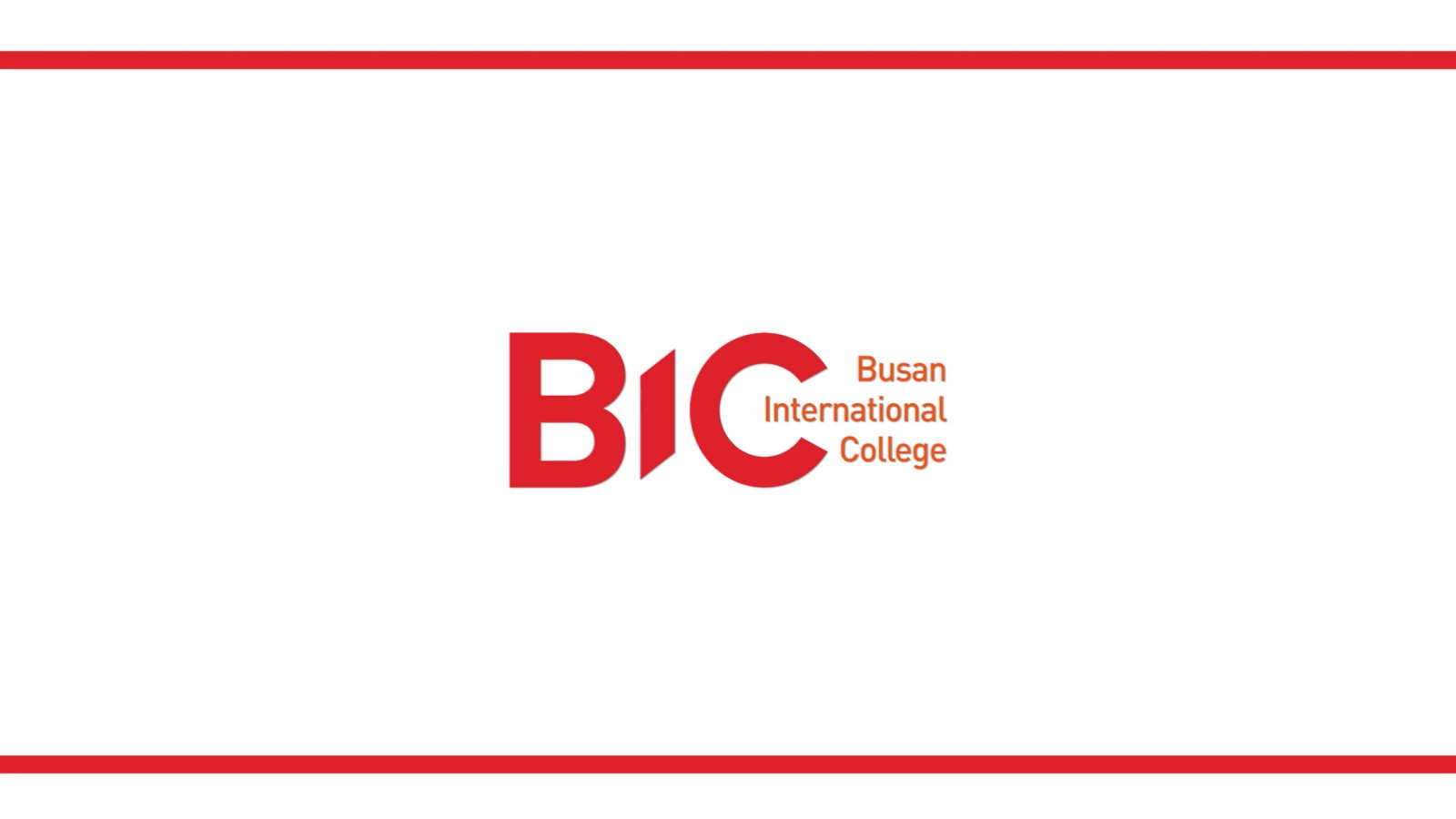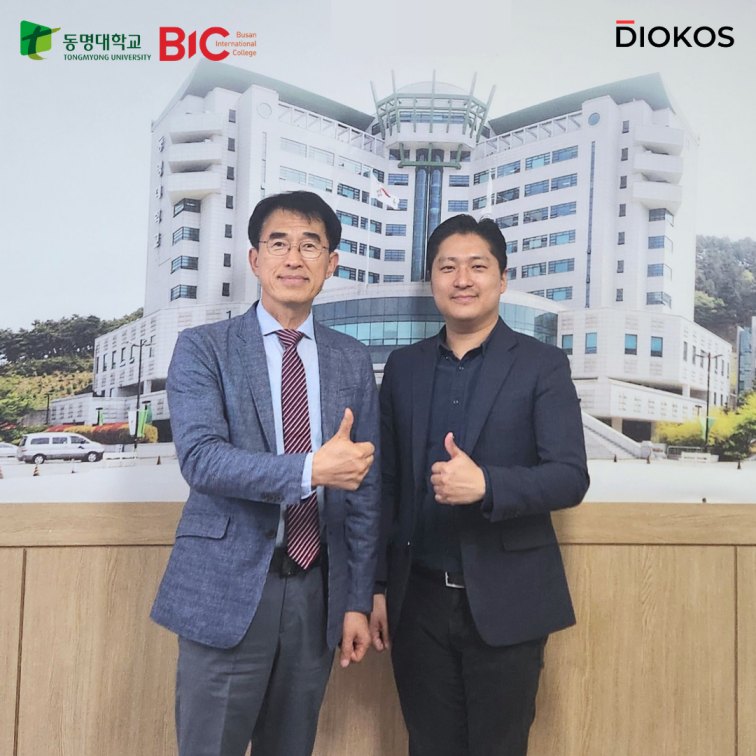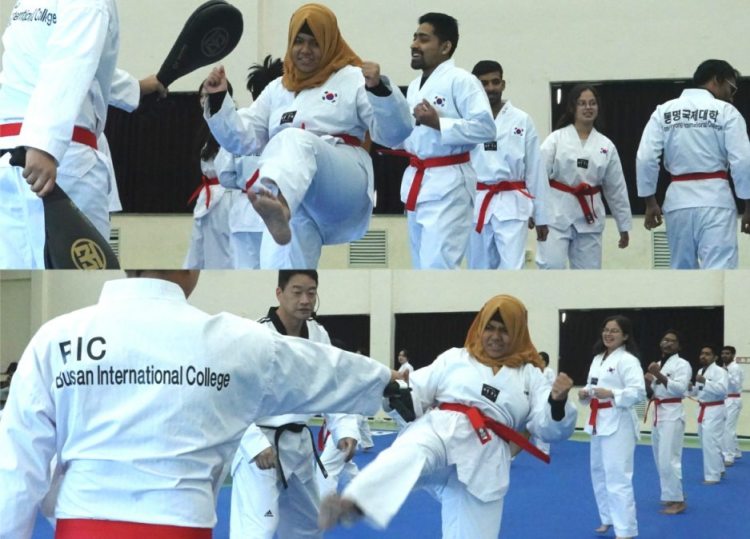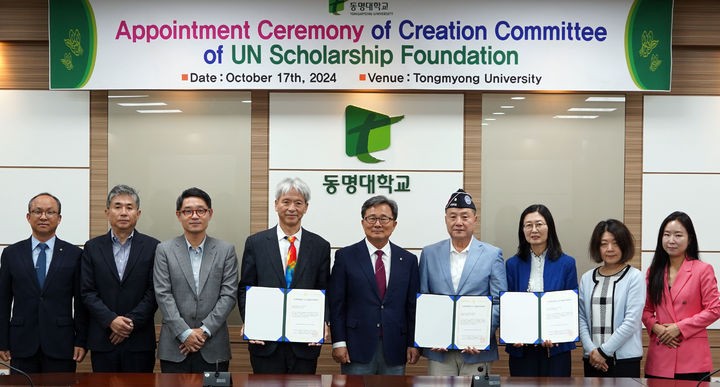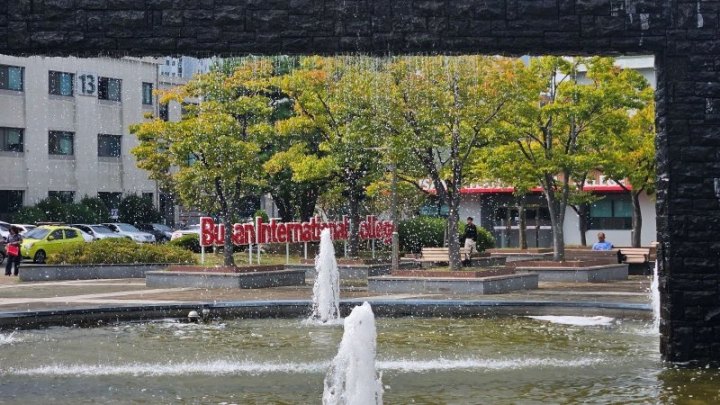
If you’re planning to study in Korea or have already arrived, you might be wondering which city is the best for your studies. The city you choose to study in can significantly impact your adaptation to life in Korea. Each city has its unique characteristics, advantages, and disadvantages, so it’s important to choose a city that matches your lifestyle and needs. Today, we’ll explore the key features of some of Korea’s major cities to help you decide where to study.
1. Seoul

Culture and Infrastructure:
Seoul is the capital and largest city of South Korea, boasting abundant educational and cultural infrastructure. The city is home to numerous prestigious universities and academies, providing a conducive environment for students to access the education they desire. With libraries, museums, and art galleries scattered throughout the city, you can enjoy a wide range of cultural experiences outside of your academic life.
International Environment and Networking Opportunities:
Seoul is a hub for global companies, with international organizations like the United Nations, World Bank, and various embassies located in the city. This makes it an ideal environment for forming international networks. Seoul frequently hosts global conferences, seminars, and forums, offering numerous opportunities to meet world-renowned scholars and professionals. For students interested in global business, diplomacy, or international relations, Seoul is an incredibly attractive environment.
Abundant Opportunities:
As the center of Korea’s economy, politics, and culture, Seoul offers numerous job and internship opportunities. The city regularly hosts exhibitions, seminars, and conferences, providing many chances to stay updated with the latest information and trends.
Transportation:
Seoul’s transportation system is highly developed, with subways, buses, and taxis making it easy to travel across the city and to other major cities in the country. The extensive subway network connects nearly every district in Seoul, making commuting or traveling to work convenient. High-speed trains and express bus terminals also allow for quick travel to anywhere in the country.
Cost:
Living costs and housing prices in Seoul are relatively high, which can pose a financial burden. Housing rents and property prices are particularly high, adding to the cost of living, which also includes food and transportation expenses that may be higher than in other cities. However, many people still choose to live in Seoul due to the diverse infrastructure and opportunities available.
Fast-paced Lifestyle:
Seoul is a city that moves so fast that 24 hours a day can seem insufficient. This fast-paced lifestyle naturally requires high energy and motivation, with the well-developed public transportation system making getting around convenient. However, the environment also demands that you keep up with the fierce competition and busy schedules. For those with ambitious goals, Seoul provides the perfect environment for personal growth.
Pros: Seoul offers abundant educational and cultural infrastructure, global networking opportunities, various job and internship opportunities, and a convenient transportation system. Living in Seoul allows you to maximize your academic and cultural experiences.
Cons: The high cost of living and housing, along with the fast-paced lifestyle, can lead to stress and intense competition.
2. Busan

Natural Environment:
Busan, South Korea’s second-largest city, is known for its beautiful natural surroundings. With famous beaches like Haeundae and Gwangalli nearby, you can enjoy the ocean at any time. The city is also close to natural attractions like Taejongdae and Geumjeongsan, allowing you to feel connected to nature even while living in the city.
Maritime City Characteristics:
Busan is Korea’s largest port city, with a thriving maritime industry. Shipbuilding, marine logistics, and fishing industries are prominent, and specialized educational institutions like maritime universities are located here. For students interested in marine sciences, marine biology, or marine engineering, Busan is an ideal choice. The city also offers ample opportunities to gain practical experience in marine trade centered around the Busan Port.
Dialect:
In Busan, the Gyeongsang dialect is commonly used, which might sound direct and strong. However, this reflects the warmth and straightforwardness of Busan residents and is an element that fosters a strong sense of community among locals.
Culture:
While Busan may have fewer cultural infrastructures compared to Seoul, it hosts many regionally distinctive cultural events like the Busan International Film Festival (BIFF) and the Busan Sea Festival. These events provide special experiences for both locals and tourists, offering opportunities to enjoy Busan’s unique culture.
Relaxed Living Environment:
Compared to Seoul, Busan has a slower pace of life and a more relaxed atmosphere. The city’s beaches, walking trails, and parks offer frequent opportunities to unwind and recharge in nature. This makes Busan a great place to maintain a balance between studies and leisure, helping you find peace of mind during stressful academic periods. The beaches also offer various marine sports like surfing, swimming, and yachting, allowing you to enjoy a balanced lifestyle.
Rest and Recharging by the Sea:
With its proximity to the ocean, Busan’s beautiful beaches like Gwangalli, Haeundae, and Songjeong are close to the city center. When studies get tough or stress builds up, you can take a stroll along the beach or listen to the sound of waves to calm your mind. This natural environment helps relieve the stress of city life and provides the perfect place to gain new energy. Time spent by the sea can soothe your weary mind and help restore focus during your studies.
International Cultural Events:
Busan is known for hosting many famous cultural events both domestically and internationally. The Busan International Film Festival (BIFF), in particular, is Asia’s largest film festival, attracting filmmakers from around the world. These cultural events allow you to develop a global perspective and experience diverse cultures, making Busan an enriching city for students interested in art, film, and culture.
Pros: Busan offers beautiful natural surroundings, a maritime industry-focused educational infrastructure, and a relaxed living environment. You can enjoy a leisurely lifestyle close to the ocean and nature.
Cons: The city may lack some of the cultural infrastructures found in Seoul, and it may take time to adjust to the regional dialect.
3. Daejeon

The Hub of Science and Technology:
Daejeon is South Korea’s science and technology hub, home to the Daedeok Innopolis (Daedeok Science Town). The area hosts numerous research institutes and companies, including the Korea Advanced Institute of Science and Technology (KAIST), Electronics and Telecommunications Research Institute (ETRI), and Korea Atomic Energy Research Institute (KAERI). This makes Daejeon an ideal learning environment for students majoring in science and technology-related fields, offering many opportunities to engage with cutting-edge research and gain experience in the field.
Central Administrative City:
Daejeon is also the central administrative city of South Korea, housing many government-affiliated research institutes and national research centers. This environment is highly conducive to studying public administration, policy research, and public service. The city offers numerous opportunities to participate in collaborative projects with national institutions and gain practical experience in public policy research, making it an excellent environment for students majoring in public administration, political science, and sociology.
Convenient Transportation:
Located in the heart of South Korea, Daejeon has excellent transportation links. Its central location makes it easy to access major cities nationwide, which is advantageous for students who need to travel frequently for academic or personal reasons. With a well-developed network of high-speed trains (KTX), express buses, and subways, traveling to other major cities like Seoul, Busan, and Gwangju is very convenient. This accessibility also makes it easier to participate in academic exchanges, internships, and seminars.
Stable Academic Environment:
Daejeon is not as large or crowded as Seoul, offering a relatively quiet and stable environment conducive to studying. The city provides an environment where you can focus on your studies with less stress. Daejeon’s strong emphasis on academic research and experimentation creates an optimal environment for producing academic achievements, and the lower cost of living compared to Seoul adds to its appeal.
Pros: Daejeon is the center of science and technology in Korea, offering numerous opportunities to engage with cutting-edge research. As the central administrative city, it also offers favorable conditions for studying policy research and public service. The city provides a quiet and stable environment for focused study.
Cons: Daejeon’s smaller size and relatively limited cultural infrastructure compared to Seoul or Busan might be a disadvantage for some.
4. Suwon

Harmony of History and Modernity:
Suwon is a city rich in history, home to the cultural heritage of Suwon Hwaseong Fortress from the Joseon Dynasty. The city blends tradition with modernity, preserving its historical legacy while evolving into a modern city. Suwon Hwaseong is a UNESCO World Heritage site, and the city hosts various cultural events that showcase a blend of traditional and contemporary culture. Suwon is an attractive city for students who want to experience a harmony of history and modernity.
Education Hub:
Suwon is the educational center of Gyeonggi Province, home to several prestigious universities, including the Natural Sciences Campus of Sungkyunkwan University, Ajou University, and the Global Campus of Kyung Hee University. Suwon is particularly strong in science, technology, and engineering, providing an advantageous learning environment for students majoring in these fields. The city also has strong collaborations between university research centers and industries, offering good opportunities to gain practical experience.
Proximity to Seoul:
Suwon is located about 30-40 minutes from Seoul, making it easy to access Seoul’s resources. This proximity allows you to take advantage of Seoul’s various cultural and academic resources while studying in Suwon, which is also beneficial for internships and job preparation. Living in Suwon offers the convenience of easy access to Seoul while enjoying a quieter and more comfortable environment.
Moderate Living Environment:
Suwon is not as crowded as Seoul, yet it offers all the necessary amenities and cultural facilities for daily life. With large shopping malls, cinemas, and various restaurants, everything you need is easily accessible. Additionally, Suwon is a city where nature is well integrated with urban life, providing a pleasant living environment. Parks and natural attractions like Gwanggyo Lake Park, Chilbo Mountain, and Seoho are close to the city, allowing you to enjoy nature within the city. Suwon is an ideal city for those who want a stable and leisurely lifestyle, offering a high quality of life with a blend of history and modern conveniences.
Pros: Suwon is a city where history and modernity coexist, serving as an educational hub with excellent proximity to Seoul. It offers a pleasant living environment with all the necessary amenities and cultural facilities, ensuring a stable and comfortable life.
Cons: Due to its proximity to Seoul, housing costs may be relatively high, and for some, Suwon might seem less attractive compared to the allure of Seoul.
Conclusion
Each city in Korea has its unique advantages and disadvantages, and choosing the right one depends on your lifestyle and needs. For example, if you prioritize abundant infrastructure and diverse opportunities, Seoul might be the best fit. If you prefer a more relaxed environment close to nature, Busan could be a great option. Daejeon is ideal for those interested in science, technology, and research, while Suwon offers a blend of history and modernity with easy access to Seoul. It’s important to carefully consider the characteristics of each city to choose the one that best suits you.





